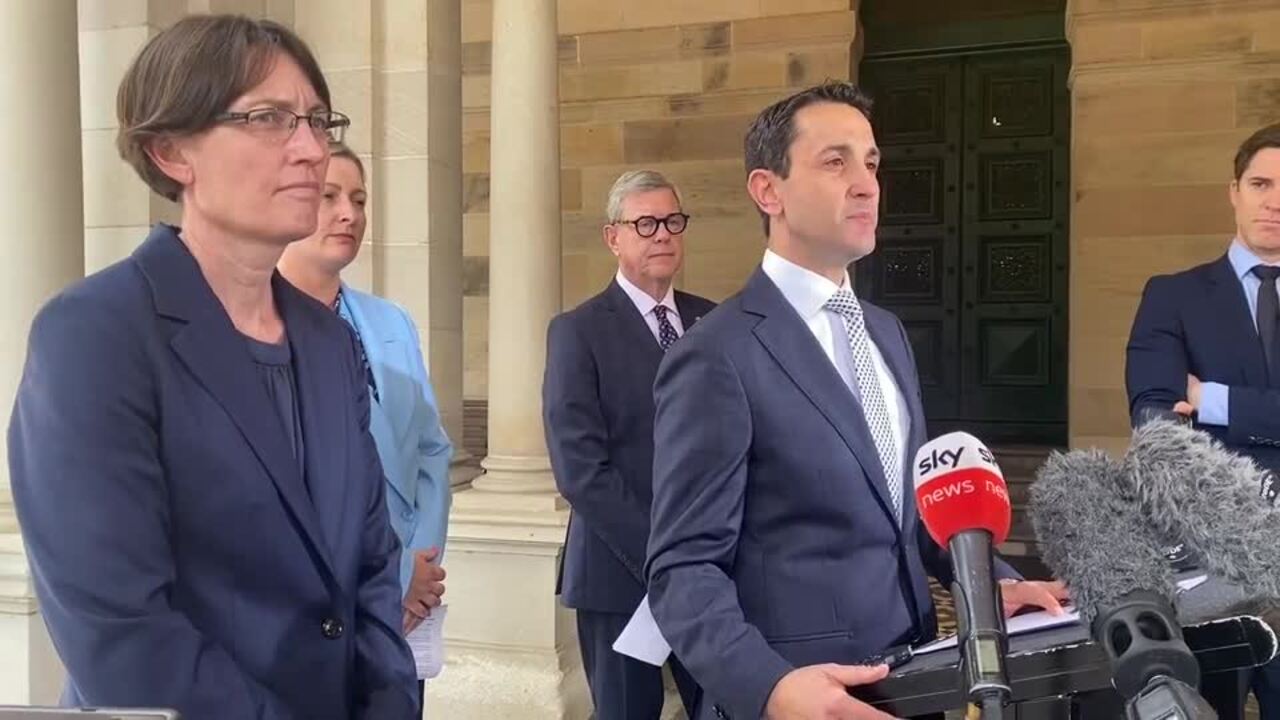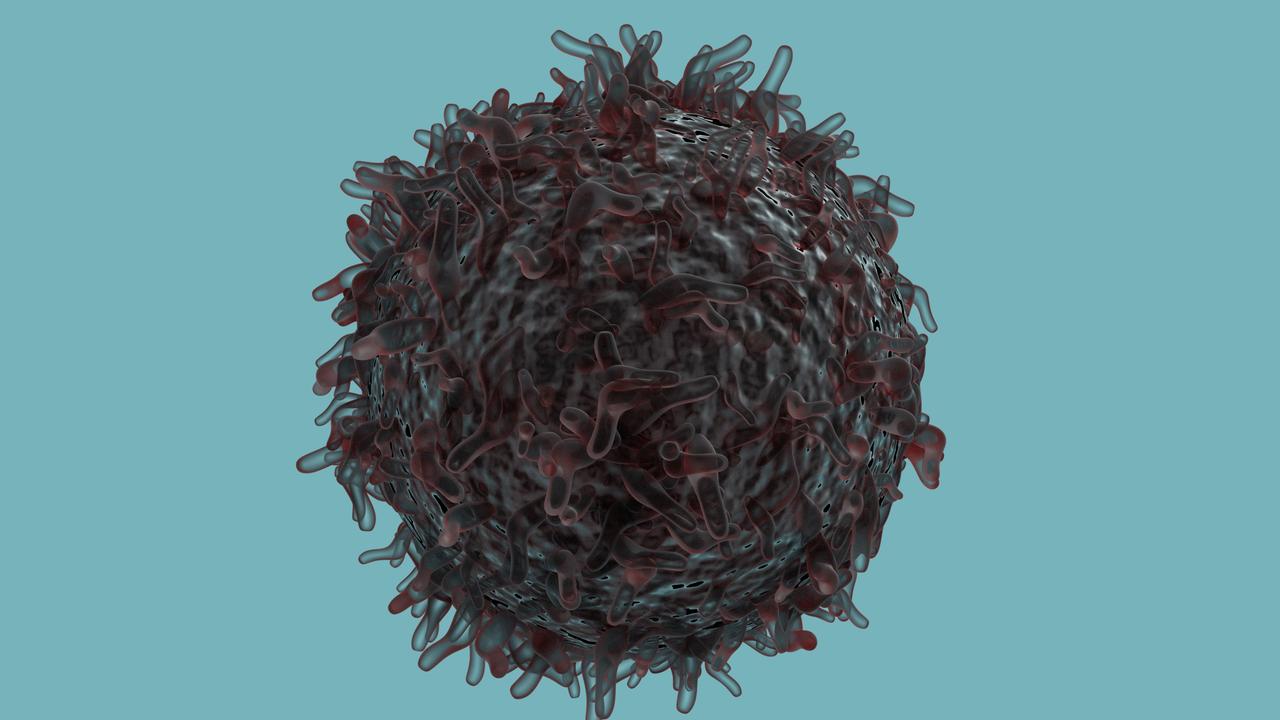Crisafulli government moves to save DNA crime samples from destruction after lab scandal
The Crisafulli government will introduce legislative amendments to safeguard more than 40,000 DNA samples in major crime cases that are waiting to be reviewed after Queensland’s lab scandal.

DNA evidence linked to potentially thousands of suspects and requiring re-examination in the wake of Queensland’s lab disaster will need protection under legislative changes or face destruction mid-year, state Attorney-General Deb Frecklington says.
The Crisafulli government will this week introduce amendments to the police powers act to extend retention of DNA samples across a backlog of more than 40,000 historical and new crime cases.
Ms Frecklington, appointed after the Liberal National Party victory last October, said the historical DNA samples faced automatic destruction in June this year under flawed legislation passed by the former state Labor government. More than 100 of the cases involved allegations of murder and manslaughter.
The samples had been identified for re-examination by investigators working through tens of thousands of major crime cases embroiled in a testing fiasco at the state laboratory dating to 2007.


Systematic testing failures were unearthed by forensic biologist Kirsty Wright on The Australian’s podcast series Shandee’s Story, in which journalist Hedley Thomas investigated the 2013 killing of Mackay woman Shandee Blackburn.
Outcry forced the then Palaszczuk Labor government to order two commissions of inquiry that confirmed Dr Wright’s findings that testing practices at the lab had compromised thousands of cases and potentially allowed killers and rapists to walk free. After the 2022 findings of the first inquiry, the then Labor government amended legislation to ensure historical samples would be retained for a further three years and instigated a restructure of the trouble-prone lab.
That three-year period expires in June; investigators are still working through the samples and expect to take another few years to clear the backlog.
Ms Frecklington said an LNP government review of the restructure, led by Dr Wright and former US Federal Bureau of Investigation expert Bruce Budowle, discovered the need to extend the time limit for the retention of the DNA samples. Under the changes, the retention period will be extended from three to seven years on historical cases that have yet to result in a conviction.

Samples in new cases currently have a retention period of 12 months but will now have to be held for three years as the lab deals with the backlog.
All DNA samples used in a case that results in a conviction are already permanently held by authorities.
Ms Frecklington said the changes were needed after the former Labor government “sat on their hands for years while the testing backlog grew longer”.
“It is critical that we step in and extended the retention period to ensure that while we work to clear Labor’s backlog, more cases and victims aren’t adversely impacted and left behind,’’ she said.
“If the Crisafulli government had not been elected and initiated this vital review, this serious issue would have gone unnoticed under Labor’s watch.
“Without our intervention, DNA samples would have been destroyed, denying victims their rightful opportunity for justice.
“We must ensure the review of historical cases is not compromised by the destruction of any historical DNA material.”
In September, The Australian revealed investigators were struggling to process new cases, as well as dealing with the backlog of historical cases that needed review.
At the time, the data revealed police were waiting for results from 1058 rape kits, 420 of which were submitted for testing more than a year earlier.
Almost half of the 1058 cases had not even undergone initial biological examination, which includes screening for sperm and reporting those results to police.






To join the conversation, please log in. Don't have an account? Register
Join the conversation, you are commenting as Logout